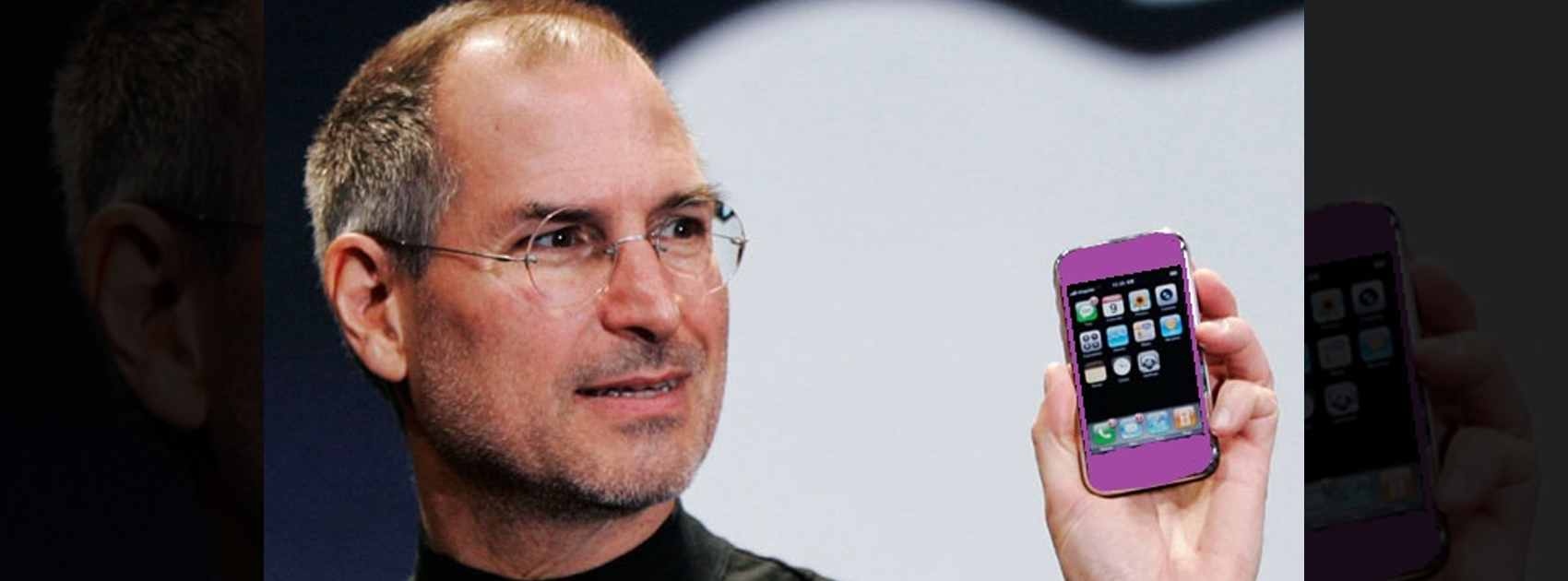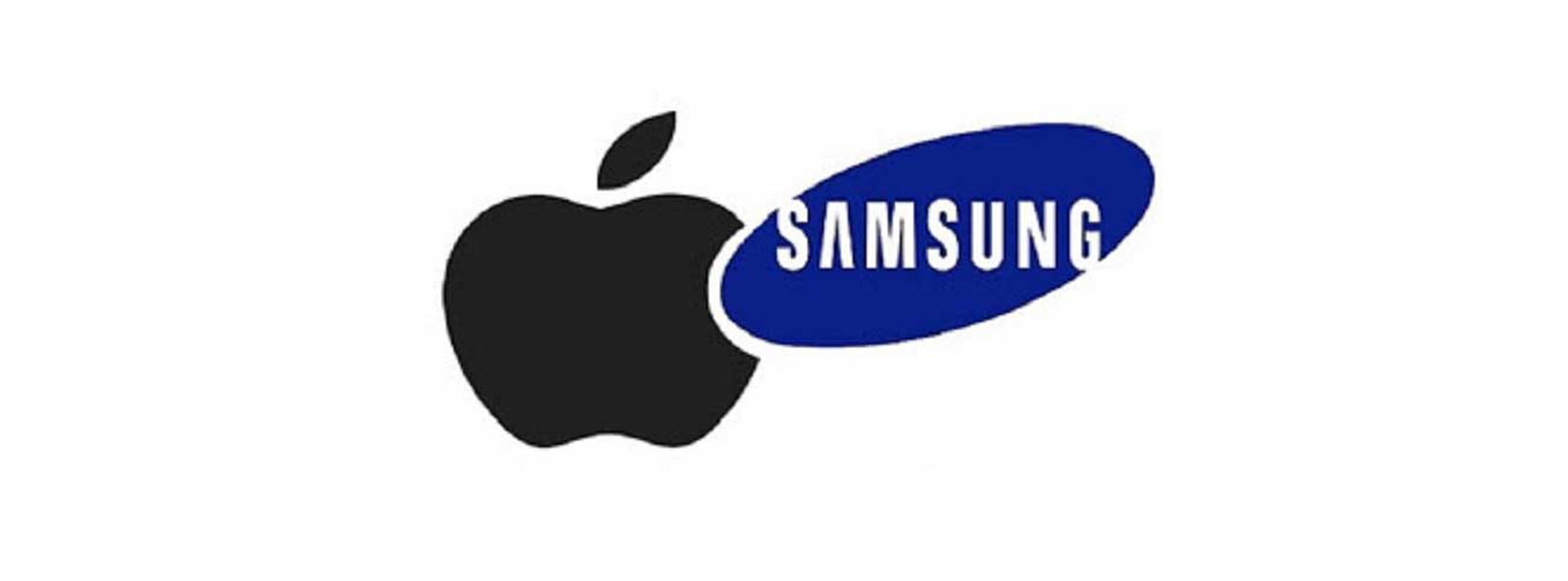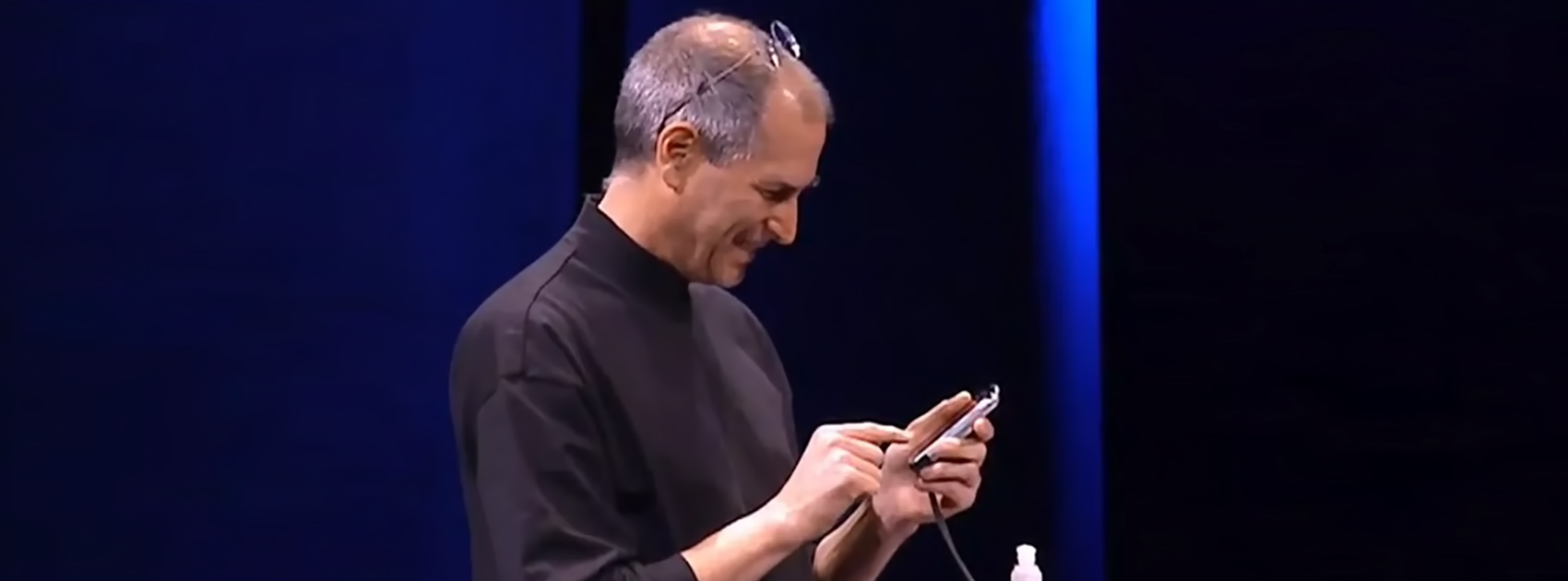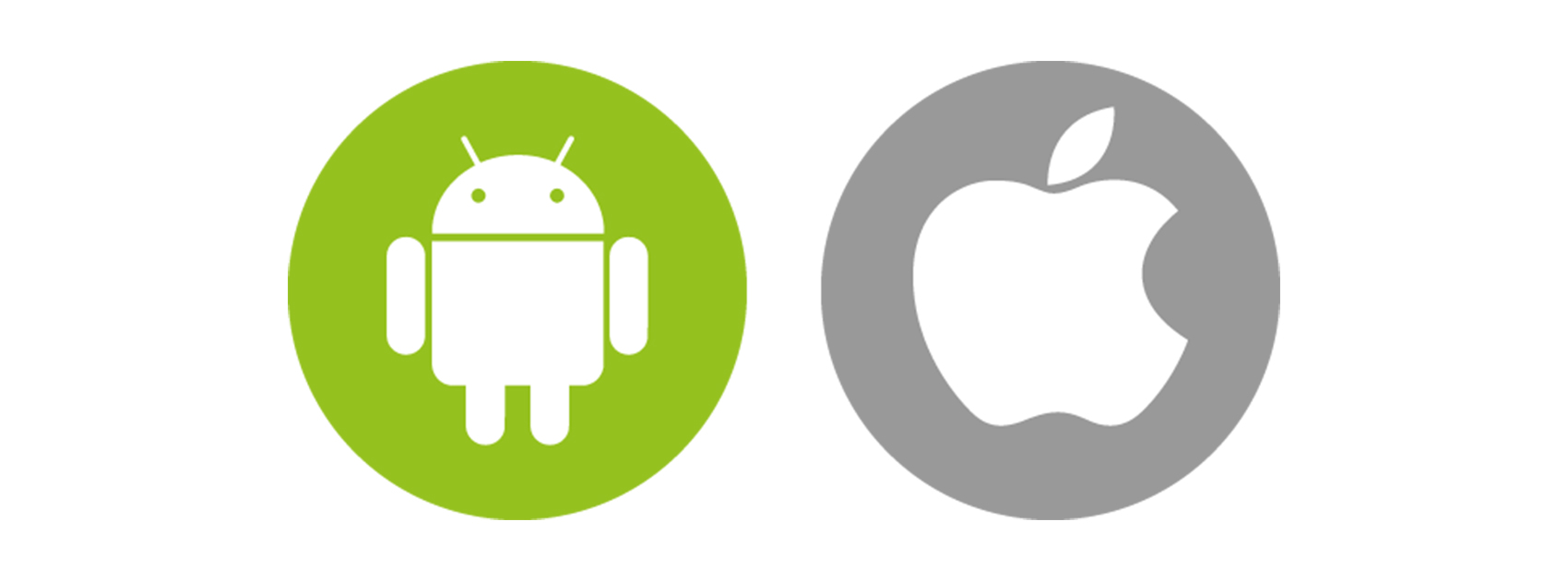Technology
iPhone Unknown Facts

Introduced by Steve Jobs in the year 2007, the iPhone is a technological revolution which changed the fate of smartphones forever. It is also safe to say, the iPhone is one of the most coveted smartphones in the world.
Here is a list of few things you may not know about this amazing piece of technology.
Unknown facts about iPhone
1) The iPhone was originally called ‘Purple.’ Scott Forstall, the ex software head of Apple, revealed, the phone was initially named ‘Purple,’ after ‘Purple Dorm,’ the building where it was built and developed.

2) Cisco Systems owns the patent for the name iPhone for its VoIP phone. When Apple released its iPhone, Cisco sued Apple for using its name. Both the companies then reached a settlement and agreed to work together on products later in the future.

3) If you ever observed the iPhone commercials, you will notice, all the iPhones show the time as 9:41 A.M. Apparently, 9:41 A.M., was the time when Steve Jobs first unveiled the iPhone.

4) The retina display on the iPhone is its most expensive feature.

5) We are all aware of the rivalry between Apple and Samsung. Samsung was seen trashing the iPhone in many of its commercials. Still, it looks like these companies are not rivals after all. According to technology intelligence experts, the processor that powers the iPhone is actually manufactured by Samsung. Now that’s a shocker.

6) When the iPhone was introduced, founder Steve Jobs first used it to make a prank call to order 4,000 lattes from a nearby Starbucks store.

7) iPhones are the most profitable products created by Apple. They account for up to 70 % of Apple’s total revenue.

8) The iPhone earned 73 % of the profit of the smartphone industry in 2018.

9) In 2007, iPhone was awarded the Invention of the Year by TIME magazine.

10) By 2015, Apple sold around 700 million iPhones. Reports also suggest, the users of iPhone are more loyal to their brand than Android users.

Do you know any other interesting facts about the iPhone? Comment below and let us know.
News
Google Launches Startup Hub in Hyderabad to Boost India’s Innovation Ecosystem

Google has launched the Google Startup Hub Hyderabad, a major step in strengthening India’s dynamic startup ecosystem. This new initiative aims to empower entrepreneurs, innovators, and developers by giving them access to Google’s global expertise, mentoring programs, and advanced cloud technology. The hub reflects Google’s mission to fuel India’s digital transformation and promote innovation through the Google for Startups program.
Located in the heart of one of India’s top tech cities, the Google Startup Hub in Hyderabad will host mentorship sessions, training workshops, and networking events designed for early-stage startups. Founders will receive Google Cloud credits, expert guidance in AI, product development, and business scaling, and opportunities to collaborate with Google’s global mentors and investors. This ecosystem aims to help Indian startups grow faster and compete globally.
With Hyderabad already home to tech giants like Google, Microsoft, and Amazon, the launch of the Google Startup Hub Hyderabad further cements the city’s position as a leading innovation and technology hub in India. Backed by a strong talent pool and robust infrastructure, this hub is set to become a growth engine for next-generation startups, driving innovation from India to global markets.
Technology
Jio Unveils Cloud PC Service to Bring Affordable Computing to Indian Households

- Jio Platforms has launched JioPC, a cloud-based virtual desktop service that transforms any television connected to a Jio Set Top Box into a fully functional computer.
- Users simply connect a keyboard and mouse to access a desktop-like environment, complete with web browsing, productivity tools, and educational apps—all without needing a physical PC or extra hardware.
- The service is device-agnostic and works with all consumer PC brands, making advanced computing accessible and affordable for millions across India.
JioPC is designed to support a wide range of activities, from professional work to online learning and creative projects. By leveraging Jio’s robust cloud infrastructure, users can run even compute-intensive AI applications directly from their TV screens. The platform also ensures data security and reliability, as all files and settings are safely stored in the cloud, protecting users from data loss even if their device is reset or replaced.
With JioPC, Jio aims to democratize digital access and bring high-performance computing to Indian households at a fraction of the traditional cost. The service supports popular productivity suites like LibreOffice and Microsoft Office online, and Jio is offering a free trial to encourage users to experience the benefits firsthand. This innovative move is set to reshape how people in India work, learn, and connect in the digital age.
Technology
WhatsApp Introduces Ads in Updates Tab, Keeps Chats Ad-Free

Meta has officially begun rolling out ads on WhatsApp, ending over a decade of an ad-free experience since its acquisition in 2014. The advertisements will appear only in the Updates tab, specifically within the Status feature, which lets users share photos, videos, and text updates that disappear after 24 hours—similar to Instagram Stories.
Where Ads Will Appear
- Ads will be visible exclusively in the Status section of the Updates tab, keeping personal and group chats ad-free.
- Businesses can use these ads to encourage users to interact via WhatsApp messaging.
- Meta is also introducing paid channel subscriptions and promoted channels within the Updates tab, allowing users to access premium content and discover new channels more easily.
Privacy and Targeting
Meta has emphasized that private messages, calls, and group chats will remain end-to-end encrypted and free from advertising. Ads will be personalized using limited, non-sensitive data such as location, language, followed channels, and ad interactions. Users can further manage ad preferences if they link WhatsApp to Meta’s Accounts Center.
User and Business Impact
The move marks a major shift for WhatsApp, which has long resisted advertising to preserve a clean messaging experience. While some users have criticized the change, Meta sees this as a significant opportunity to monetize WhatsApp’s 3 billion users and over 200 million businesses on the platform.
In summary, WhatsApp’s new ads will be confined to the Updates tab, ensuring personal messaging remains private and uninterrupted, while opening new monetization avenues for Meta and businesses.













GO88
November 6, 2025 at 1:53 pm
Tham gia cộng đồng game thủ tại Go88 để trải nghiệm các trò chơi bài, poker phổ biến nhất hiện nay.
iwin
November 8, 2025 at 9:49 am
iwin – nền tảng game bài đổi thưởng uy tín, nơi bạn có thể thử vận may và tận hưởng nhiều tựa game hấp
站群程序
November 9, 2025 at 6:38 am
搭载智能站群程序,自动化搭建与管理,为SEO项目提供核心驱动力。站群程序
MM88
November 12, 2025 at 4:37 am
Với giao diện mượt mà và ưu đãi hấp dẫn, MM88 là lựa chọn lý tưởng cho các tín đồ giải trí trực tuyến.
谷歌站群
November 13, 2025 at 7:48 pm
专业构建与管理谷歌站群网络,助力品牌实现全域流量的强势增长。谷歌站群
MM88
November 24, 2025 at 4:50 pm
Khám phá thế giới giải trí trực tuyến đỉnh cao tại MM88, nơi mang đến những trải nghiệm cá cược thể thao và casino sống động.
Kuwin
December 3, 2025 at 1:05 pm
kuwin sở hữu kho game đa dạng từ slot đến trò chơi bài đổi thưởng, mang đến cho bạn những giây phút giải trí tuyệt vời.